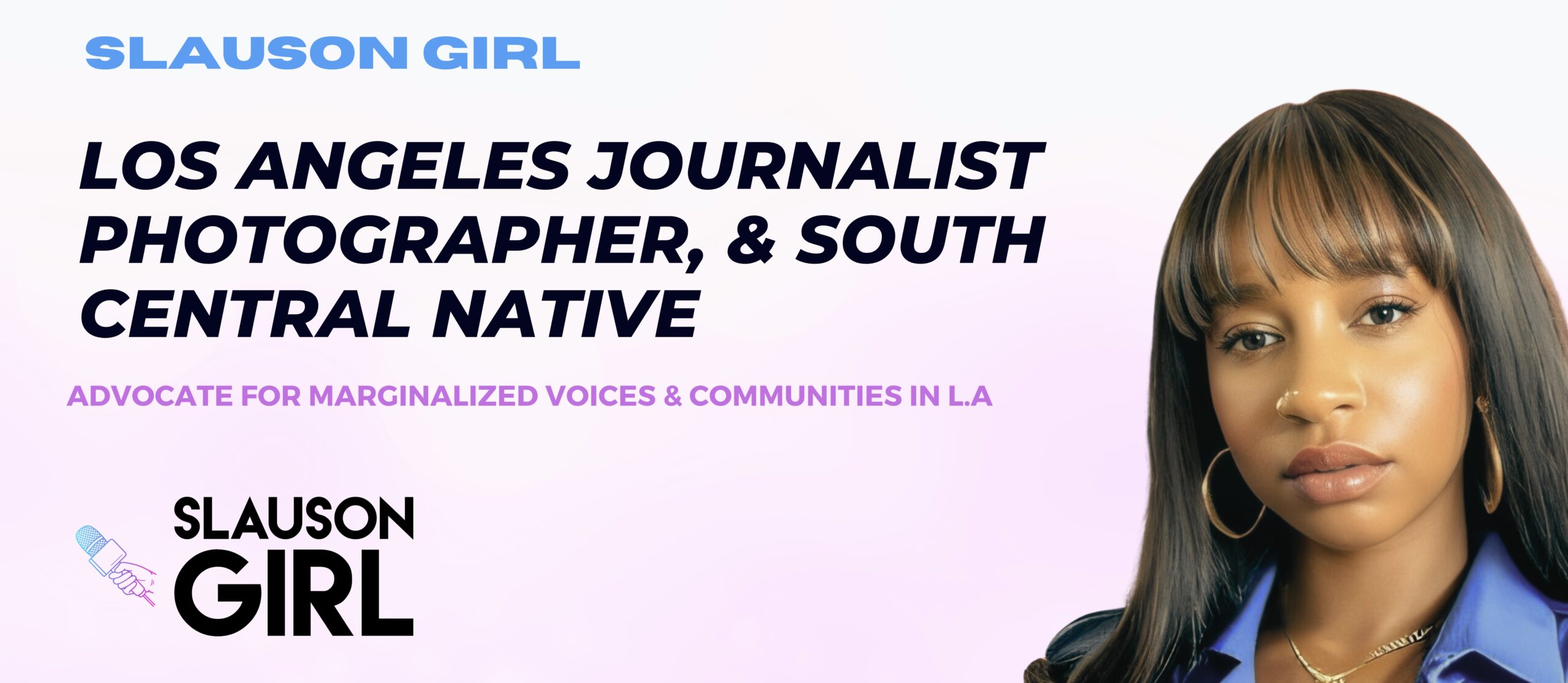
Thousands of Black women began using the hashtag #BlackWomenAtWork on Twitter this week to share their experiences of bigotry in the workplace.
The hashtag was started by a woman named Brittany Packnett to illustrate that, what had recently happened to congresswoman Maxine Waters, was no isolated event. Black women too often experience being disrespected and undermined in the workplace which is magnified within the intersections of gender and race.
“When you have been called “mean” “unfriendly” and “aggressive” during a meeting for disagreeing with a white male colleague.” #BlackWomenAtWork
“My education, work history, experience, preparation, and efficiency disregarded and minimized all day everyday.” #BlackWomenAtWork
“I came up with an idea and did the labor. My boss, who called herself a feminist, tried to take it and make it her own.” #BlackWomenAtWork
“Don’t be too loud, they’ll get scared. Don’t be too quiet they’ll think you’re uninterested. Smile so they won’t be scared.” #BlackWomenAtWork
“Student Evals Every SINGLE Semester: She ONLY teaches about race and gender.
Me: My class is ABOUT race and gender.” #BlackWomenAtWork
#BlackWomenAtWork “Stop asking us are we mad because we are not walking around with a goofy grin just to make you feel comfortable.”
This hashtag and the sharing of events came about when Bill O’reilly clowned Maxine Waters on Fox and Friends about a speech she recently gave on the House floor where she discredited and denounced Donald Trump.
After the clip, Bill O’reilly said of Waters, “I didn’t hear a word she said. I was looking at the James Brown wig.”
After O’reilly’s comments, a 2012 video began to resurface of Fox News host Eric Bolling also responding to one of Ms. Waters floor speeches. Bolling responded that Waters put the crack pipe down, after she announced going up for a seat that would soon become open.
Their attacks on Ms. Waters, is just a way to try and discredit and downplay her intelligence and opinions.
Bolling’s comments and the #Blackwomenatwork hashtag, remind me of why I am in no rush to climb the ladder within the corporate world. I loathe having to try and attain and maintain a job at a good paying company because I know that my Black face and overall Blackness within a white dominated and owned space, comes with its own sets of issues.
Spending the last 5 years at a predominately white university, I am all too familiar with this new form of subtle bigotry from white folks that is labeled “micro-aggressions” and “unconscious biases.” Whatever the code name, it adds unnecessary stress to Black people within these spaces and makes someone like myself want to avoid them as much as possible.
In white dominated spaces, Black people constantly have to police themselves so that they are not playing into stereotypes that whites have of them–which is often times unavoidable. I know that I must always make sure that I am not seeming aggressive and angry, I have to cut people slack who say things that might offend me, I run the risk of always being undermined and I have to prove my worth to people whose precense and mediocracy have worked for them their whole lives.
This comes to much of a surprise to me as someone who spent my whole life in South Central, Los Angeles segregated with Blacks and Hispanics. Coming to an institution such as HSU comes with its own rules, ideas and regulations–which made me once think to myself one day, I see why some people just stay within the confines of the inner city, mainstream America is its own beast.
All of this, is the reason why my goal is autonomous Black businesses. I want to be the boss of myself and prove myself, to myself.
I know however that coming from the inner city, I have little next to nothing in terms of resources or wealth to start a business so I must work for someone, save money and invest it to eventually acquire residual income and ultimately wealth. This is extremely important as someone from the inner city, where we have been systematically attacked and disenfranchised as a way to keep us away from acquiring large amounts of wealth. Working for someone else especially what they are paying these days, will have me living paycheck to paycheck my whole life and continuing the designed cycle of dying broke and Black in America.
“The invisible walls of a segregated society are not only damaging but protective in some debilitating way. There is considerable psychological safety in the ghetto; there one lives among one’s own and does not risk rejection among strangers. One first becomes aware of the psychological damage of such safety when the walls of the ghetto are breached and the negro ventures into the repressive, frightening white world. Some negroes prefer to stay in the ghetto, particularly those who have developed seemingly effective defenses to protect themselves against hurt and those who have profited from the less competitive segregated society.” Dark Ghetto Kenneth- B. Clark



